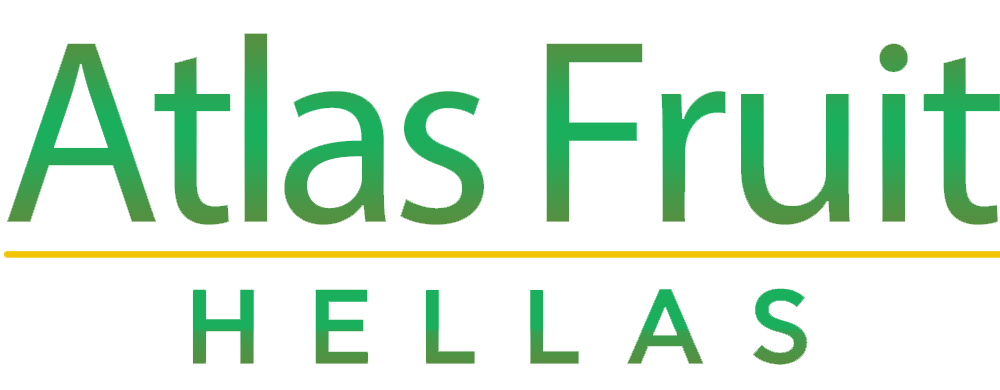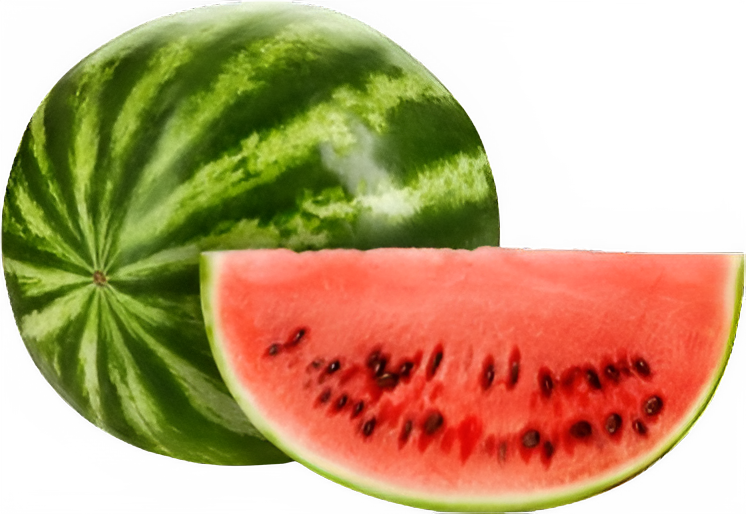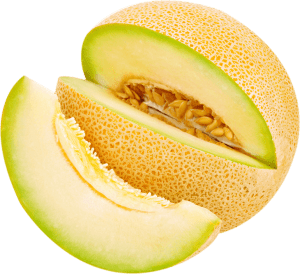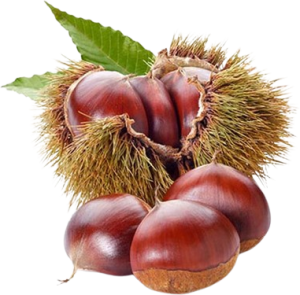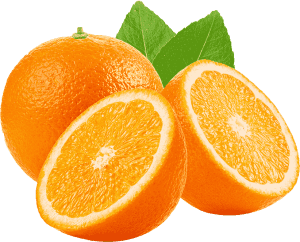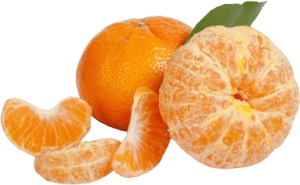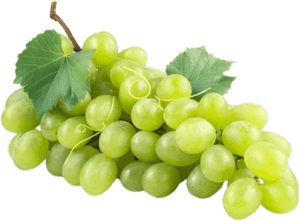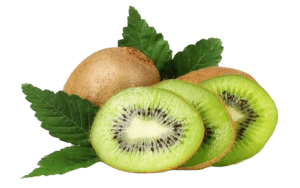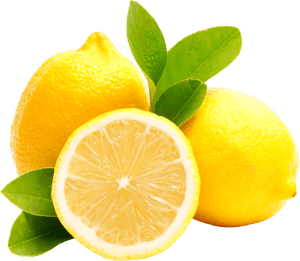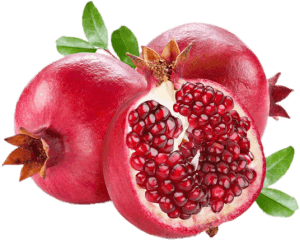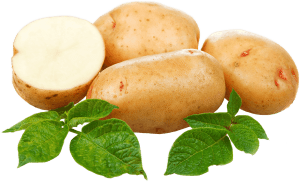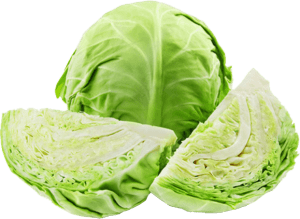Watermelon contains a large amount of water and nutrients, contains very few calories and is extremely refreshing. It is also a good dietary source of citrulline and lycopene, two very important phytochemicals.
Eating watermelon (or its juice) can have many health benefits, including lowering blood pressure, improving insulin sensitivity and helping to repair strained muscles.
Watermelon consists mainly of water (about 92%).Its protein and fat content is almost zero and it has very few calories.
Watermelon is a good source of vitamin C, but it is also a good source of several other vitamins and minerals.
- Vitamin C
- Potassium
- Copper
- Vitamin B5
- Vitamin A: Watermelon contains beta-carotene, which is converted into vitamin A.
Watermelon also contains thiamine, riboflavin, niacin, vitamin B6, folic acid, iron, magnesium, phosphorus, calcium, sodium, zinc, manganese, selenium, choline and betaine.
Its antioxidant elements have a special place in the table of its nutritional value. Watermelon is a source of carotenoids, flavonoids, beta-carotene, the substance cucurbitacin, and lycopene.
